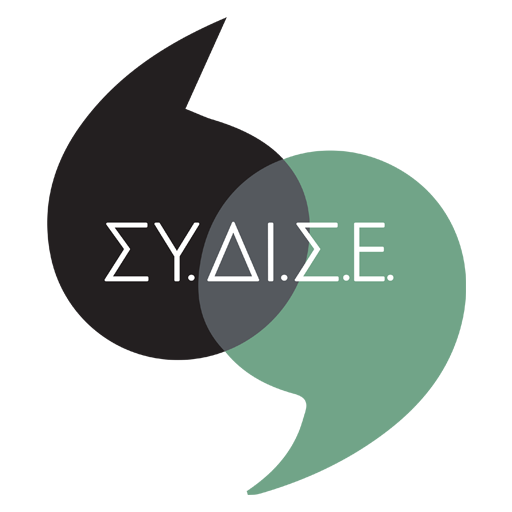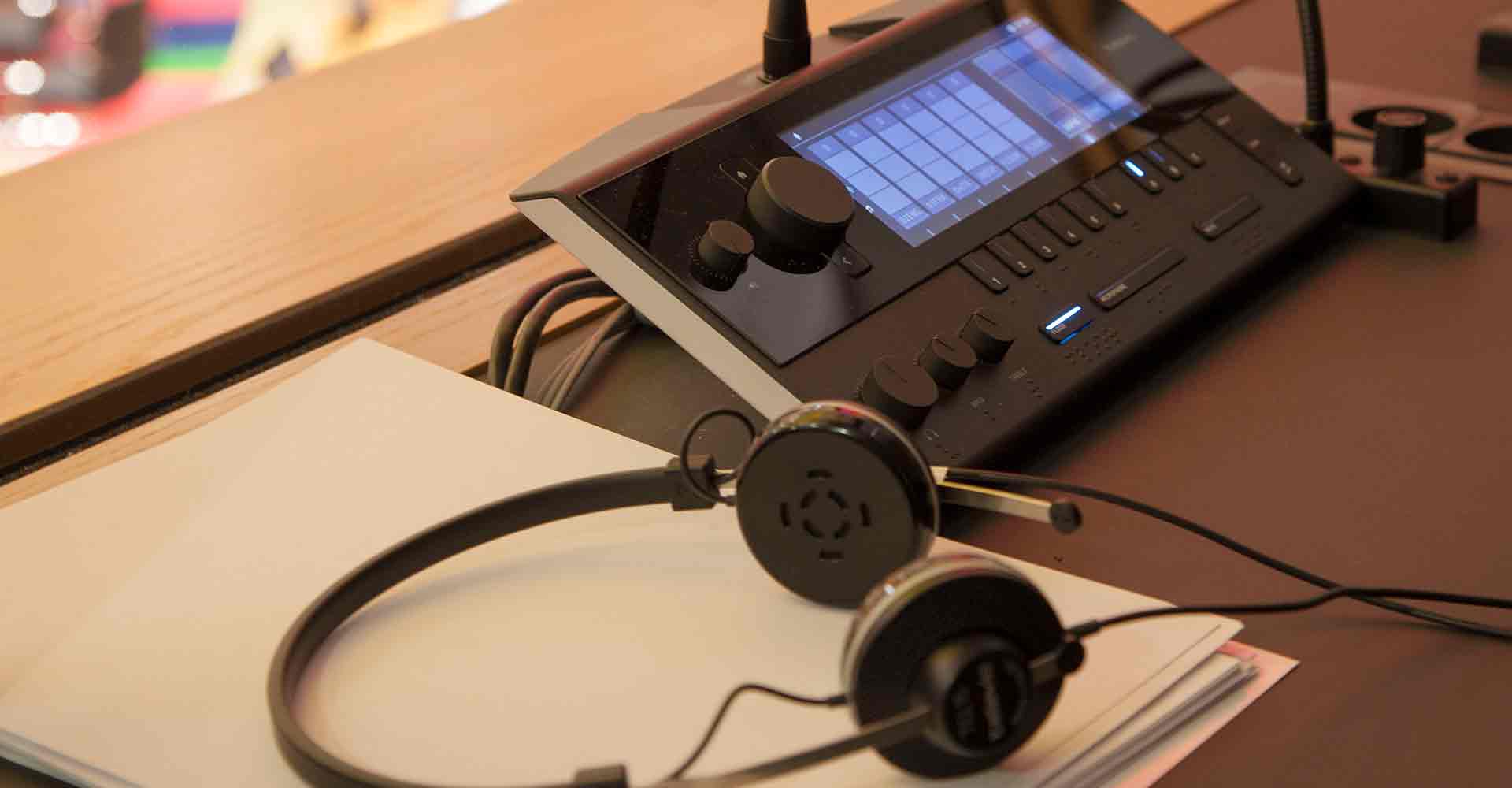OPEN LETTER OF SYDISE
TO CONFERENCE ORGANISERS & AUDIOVISUAL TECHNICIANS
CONCERNING REMOTE INTERPRETING
Athens, 15/5/2020
Dear associates,
The current coronavirus (COVID-19) crisis has severely impacted all the sectors of global economy, and in particular tourism, as well as conference and event organisation. It is expected that our work volume and conditions will change in the forthcoming period, as events will be increasingly held online using remote interpreting. The Hellenic Association of Conference Interpreters (SYDISE) aims at ensuring that all interpreters work in such a manner as to safeguard their work quality and health under these novel conditions.
As early as May 2019, Article 15 of SYDISE Code of Practice set out the terms and conditions that need to be met in remote interpreting. Pending the upcoming SYDISE Guidelines for Remote Interpreting, we refer you to the provisions of our Code of Practice below, and recommend that you observe them, considering that remote interpreting is extremely tedious making the demanding task of interpreting even harder.
Code of Practice of Conference Interpreters, Article 15.
Remote interpreting is permitted where the necessary technical requirements for it to be done properly, as laid down by internationally recognised associations or unions of conference interpreters[1], are met. Due to the increased cognitive load interpreters face from this specific type of simultaneous interpreting, the working day for remote interpreting must not exceed four (4) hours a day max. including breaks lasting 20-30 minutes in total. For interpreters those four (4) hours of work a day are full-time work and not part-time work under any circumstances. The working conditions for simultaneous interpreting also apply to remote interpreting (see Article 1 above of the Code of Conduct) and so interpreters should work in pairs for up to four (4) hours a day, and after four (4) hours a third interpreter should be added[2]. It is recommended that remote interpreting be done in a suitably equipped venue (such as a hub) with technical support and not in venues that are not suitably equipped. This is because of the various barriers that could arise (poor sound quality from the speakers, absence of technical support for the interpreters, inadequate internet speeds, internet at interpreter’s home cutting out, etc.). The fee for remote interpreting must be higher than that for traditional simultaneous interpreting (booth, translations system).
We hope that you and your beloved are well, and that soon we will all go back to business as usual.
[1] In accordance with the technical and other conditions on remote interpreting laid down, inter alia, in the relevant guidelines from the International Association of Conference Interpreter (AIIC) v.1, 09-01-2019, and in any corresponding subsequent guidelines (see https://aiic.net/page/8734/aiic-guidelines-for-distance-interpreting-version-1-0/lang/1)
[2] The length of the working day is in keeping with the Council of Europe recommendation presented at the AIIC – Greece and Cyprus region seminar entitled “Remote Simultaneous Interpreting – Pushing the Boundaries? An introduction to distance interpreting”, held in Athens on 23 & 24.2.2019.
The Board of SYDISE
The President The Secretary
Maria Petrocheilou Maria Achielleia Tilli








